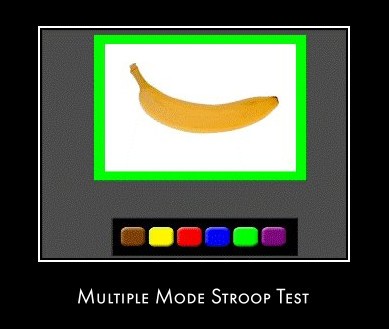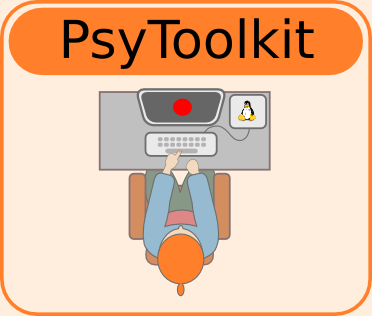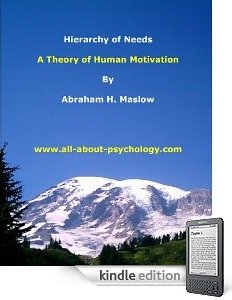|
Psychology SoftwareThinking About Becoming A Psychology Student?
Find A Psychology School Near You
Psychology Software
(Photo Credit: Han Soete) Welcome to the psychology software directory, a showcase of the very best software tools designed for psychologists, psychology students, researchers and tutors. For each psychology software application featured, a brief description of the software will be given along with a link to the application itself. Affect 4.0
Affect 4.0 is a free software package designed to assemble and conduct psychological experiments. You do not need to have specific programming skills and experiments can be programmed 'button-wise' through an intuitive user interface. Affect makes it easier for experimenters to define randomisations, timings, and output of experiments that consist of many identical and independent trials. Click Here For Full Details. Clinical Record Keeper
Extremely useful, efficient and easy to use record keeping software created by Charles M. Stewart, M.D. Designed for Psychologists, Psychiatrists, Social Workers, and Clinicians. Click Here To Watch A Demo of Clinical Record Keeper in Action. FLXLab
FLXLab is a free program for running psychology experiments. Capabilities include presenting text and graphics, playing and recording sounds, and recording reaction times via the keyboard, joystick/button box, or a voice key. Click Here For Full Details. G*Power 3G*Power 3 performs high-precision statistical power analyses for the most common statistical tests in behavioral research, that is, G*Power 3 offers five different types of statistical power analysis: G*Power 3 provides improved effect size calculators and graphics options. It supports both a distribution-based and a design-based input mode. G*Power 3 is available for Mac OS X 10.4 and Windows XP/Vista. G*Power 3 is free. Click Here For Full Details. (Many thanks to Ciara Wild for letting us know about GPower). Inquisit
Inquisit creates custom questionnaires, reaction time tasks, signal detection tests, attitude measures, and experiments in cognition and perception. It is currently in use within over 400 research institutions across 5 continents. If you would like to try out Inquisit, you can download a free fully functional 30 Day Evaluation version of the software by Clicking Here MediaLab
MediaLab is powerful psychology software which allows its users to create questionnaires and multi-media experiments. MediaLab comes complete with comprehensive interactive help files, an easy-to-follow manual, sample experiments and a simple tutorial to help you get up and running right away. Click Here For Full Details. Multiple Mode Stroop Test
Multiple mode Stroop Test software allows an experimenter to present 3 forms of the Stroop Test: Classic: (colour names are presented, option to include congruent trials) Emotional: (present word lists comprised of emotional & neutral words) Pictorial: (present images with coloured borders, width optional) The experimenter has full control over the content via a number of plain text word lists and images. Options include: Click Here for full details and to download a fully featured evaluation version of the software. PsyToolkit
PsyToolkit is a free software package for programming and running psychological experiments. Psychological experiments you can easily run with PsyToolkit are those that require manual key response(s) in response to static stimuli presented on screen. The software project started in 2005 at Washington University in St.Louis, and is currently developed by Gijsbert Stoet at the Institute of Psychological Sciences of Leeds University. Click Here For Full Details. PsychoPy
PsychoPy is an open-source application to allow the presentation of stimuli and collection of data for a wide range of neuroscience, psychology and psychophysics experiments. It’s a free, powerful alternative to Presentation™ or e-Prime™, written in Python (a free alternative to Matlab™ ). Click Here For Full Details. (Many thanks to Jon Peirce for letting us know about this excellent application). Psytools
Psytools is an experimental assessment package for cognitive tasks and questionnaires which incorporates internet based task deployment and data gathering. In essence, it brings computer-based cognitive research to the study of large populations, and provides cognitive psychologists with greater access to their existing participants. You can get hold of a free demo which allows you to explore a Psytools-powered study from the perspectives of both a subject and of the study administrator by Clicking Here Student's Guide To APA Psychology
A must have free psychology software resource. The Student's Guide to APA Psychology shows you how to document and format research papers in the style of the American Psychological Association and the American Psychologist. Revised and updated to the new 5th edition of the APA Publication Manual. Click Here To Download The Student's Guide to APA Psychology. Classic Articles All Psychology Students Should Read
This special Kindle collection consists of the most influential, infamous and iconic research articles ever published in the history of psychology. See following link for full details. The Psychology Classics Kindle Collection Go From Psychology Software Back To The Home Page
Thinking About Becoming A Psychology Student?
Find A Psychology School Near You
|









